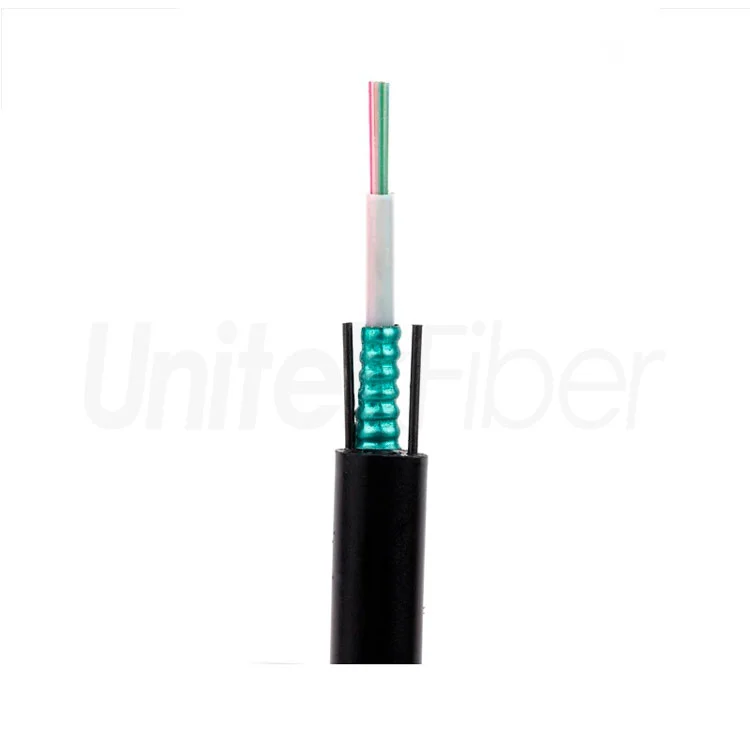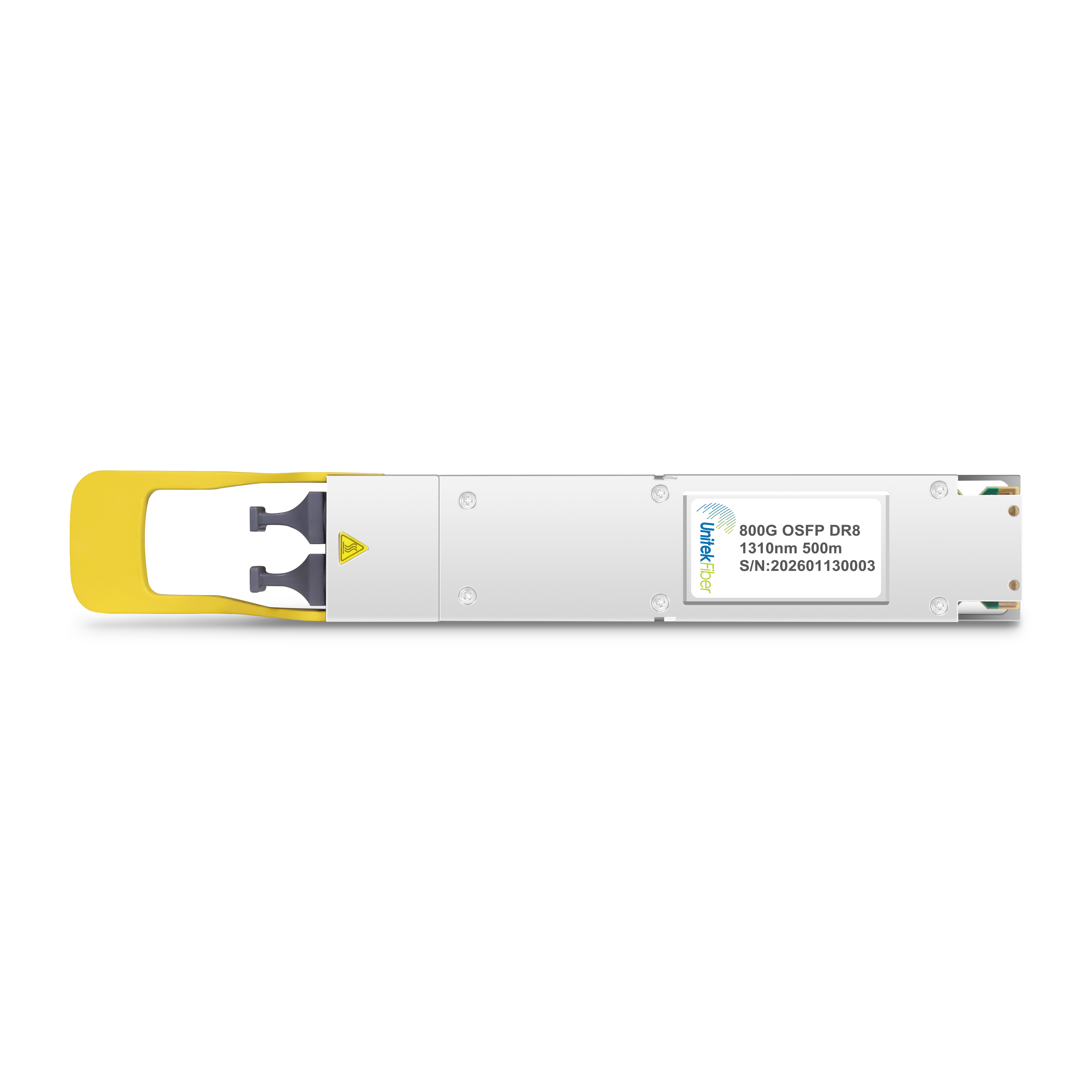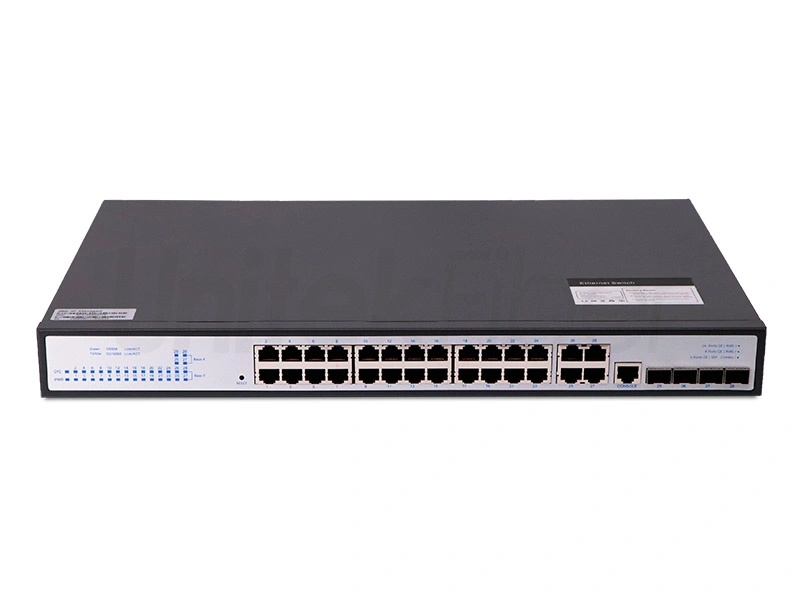
RJ45 and SFP optical transceiver are two common ways to connect network devices.What are the differences between RJ45 and SFP optical transceiver? How should I choose? Let’s study RJ45 and SFP fiber transceiver together.
An RJ45 port is an Ethernet port specifically designed for copper cables (such as Cat5e and Cat6). RJ45 ports are relatively large in size and mainly found on devices like routers, switches, and PCs. SFP fiber transceiver are built with modularity in mind. SFP module allow the insertion of SFP media converter and support various media types, including optical fiber and copper cables.
RJ45 and SFP fiber transceiver are distinct in terms of media types, each catering to different network requirements. RJ45 ports use copper cables (known as Ethernet cables) and perform well over short distances of up to 100 meters. When used in combination with RJ45 ports, such copper cables are cost-effective and provide sufficient performance for most home or office network setups. SFP ports offer greater flexibility in terms of connection options. SFP modules enable the interchangeable use of copper cables and optical fiber cables. Optical fiber cables used with SFP modules support higher data transmission rates than copper cables, while also being capable of transmitting signals over longer distances.
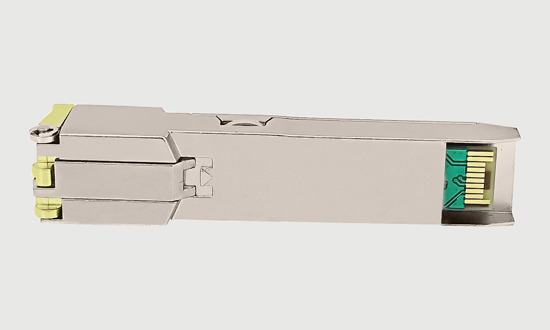
RJ45 fiber transceivers are typically used with Cat5e and Cat6 copper cables, which can transmit data at speeds of up to 100 Gbps over a distance of 1 meter. For higher transmission rates, Cat6a or Cat7 copper cables can be used, supporting speeds of up to 10 Gbps, but they are still limited by a maximum distance of 100 meters.
SFP transceivers offer greater flexibility and performance compared to other types. SFP module support both copper and optical fiber connections. When using copper cables, the speed and distance achieved are similar to those of RJ45 ports. However, when combined with optical fiber cables, these same modules can achieve higher speeds over longer distances. Multimode optical fiber can transmit data at rates close to or even equal to 550 Gbps over distances not exceeding 10 meters, while singlemode optical fiber supports speeds ranging from 1 Gbps to 100 Gbps, with a maximum transmission distance of up to 100 kilometers.
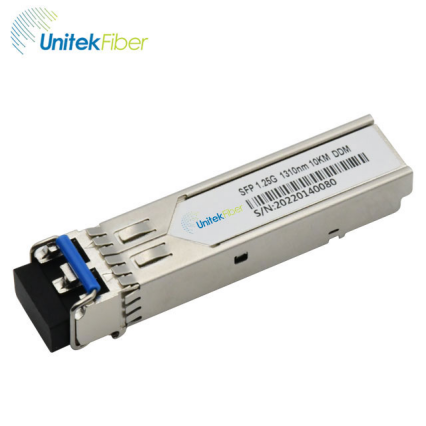
RJ45 ports are most commonly used when cost-effectiveness and simplicity are crucial. RJ45 fiber transceiver are suitable for typical office environments, small and medium-sized businesses, and homes with network connections up to 100 meters. Their user-friendliness, wide compatibility, and affordability make them a preferred choice for many traditional networking needs. SFP modules offer many advantages for long distance and high speed networks. First, SFP transceivers are highly adaptable, supporting both singlemode and multimode fiber. Second, compared to traditional copper connections, SFP fiber transceivers offer high data integrity over longer distances and are hot swappable. Finally, SFP fiber modules are particularly scalable.
When choosing between RJ45 and SFP optical transceiver for your network, consider distance, speed requirements, scalability, and budget. If you require long distance, high speed transmission with the ability to scale up, fiber optic SFP module offer a powerful solution. However, if most of your connections are short distance and cost is a concern, RJ45 are the preferred choice.
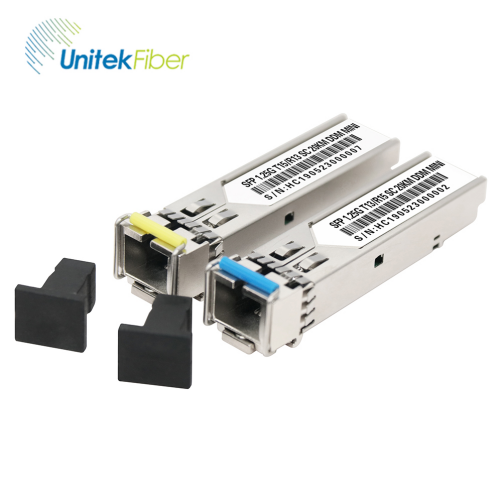
In summary, RJ45 and SFP optical transceiver differ significantly in terms of media type, transmission distance, speed, and application. Each has its own unique characteristics, and you can choose the connection solution that best suits your network needs.
UnitekFiber is a leading manufacturer of fiber optic products, particularly experienced in optical transceivers. We offer a wide variety of optical transceivers, including multimode, singlemode, BIDI, CWDM and so on. If you have any questions or would like more information, please feel free to contact us.

